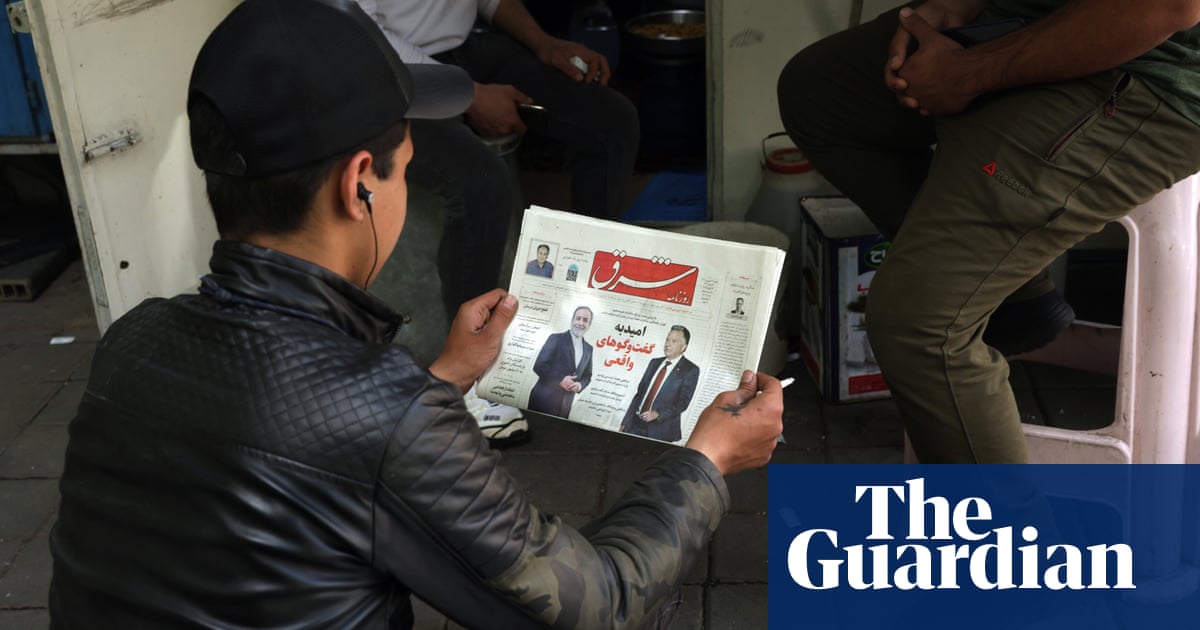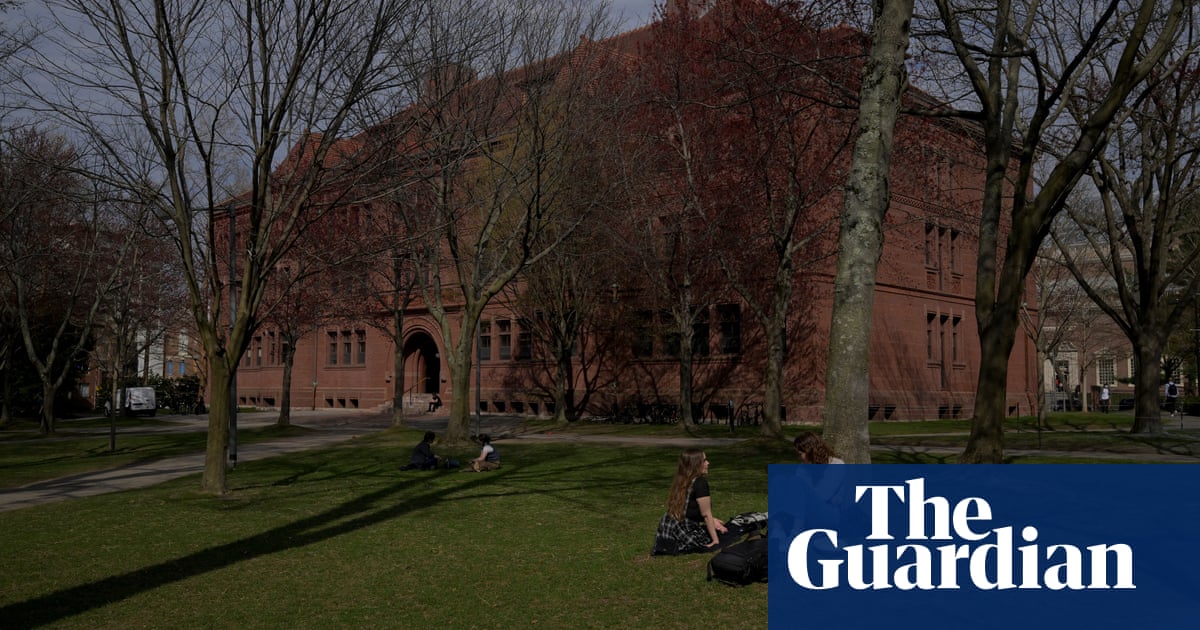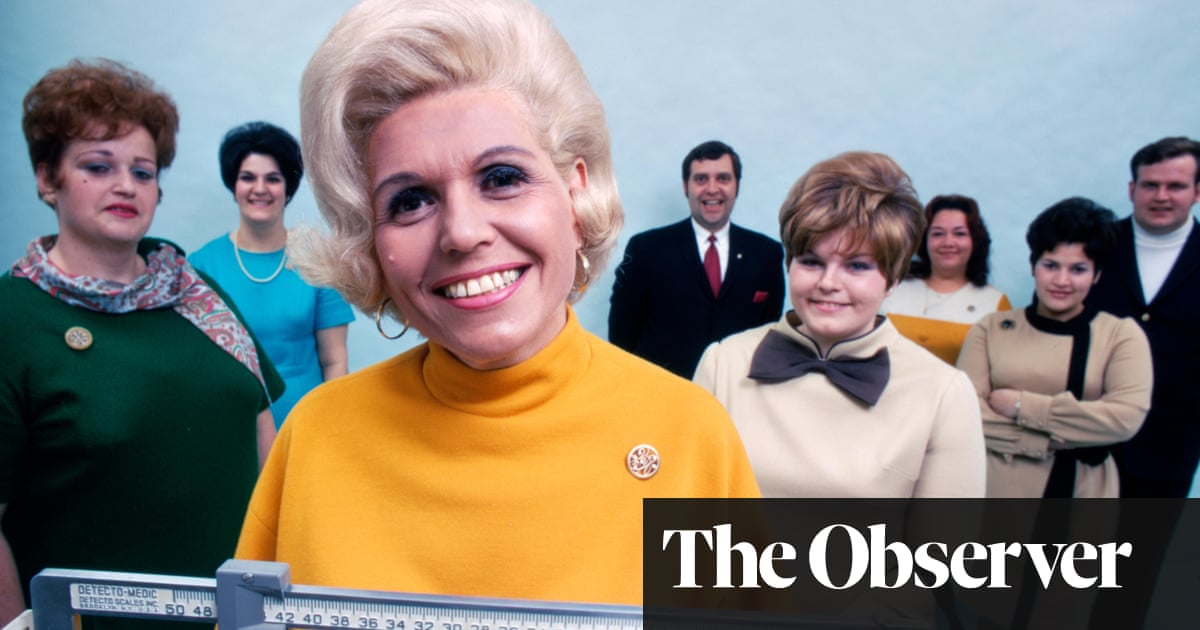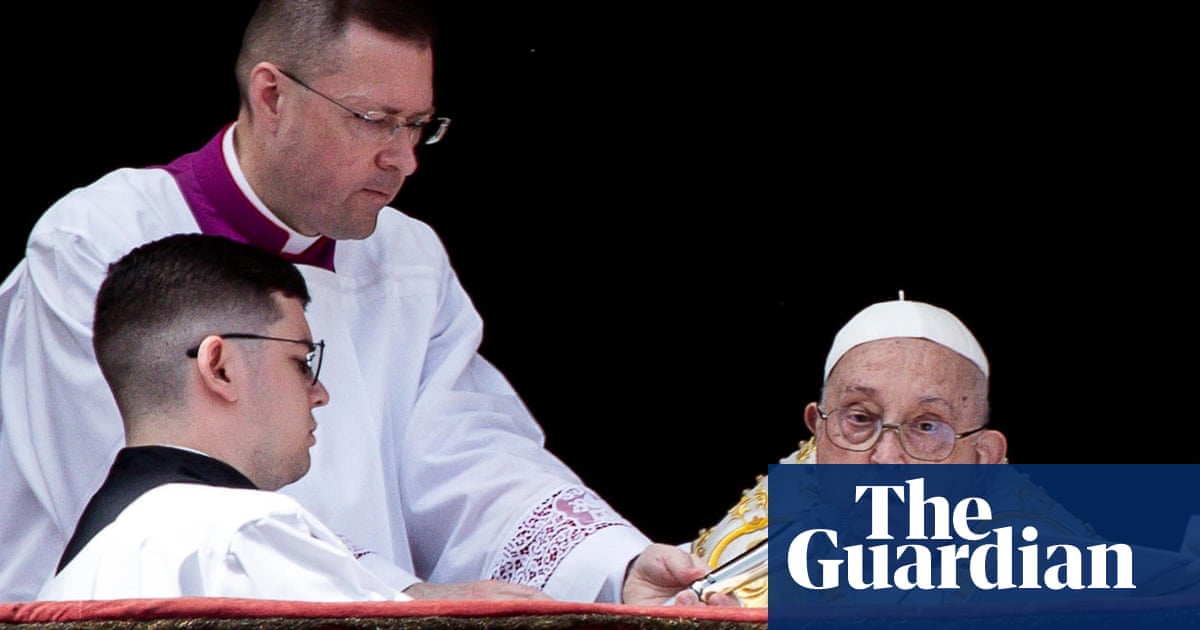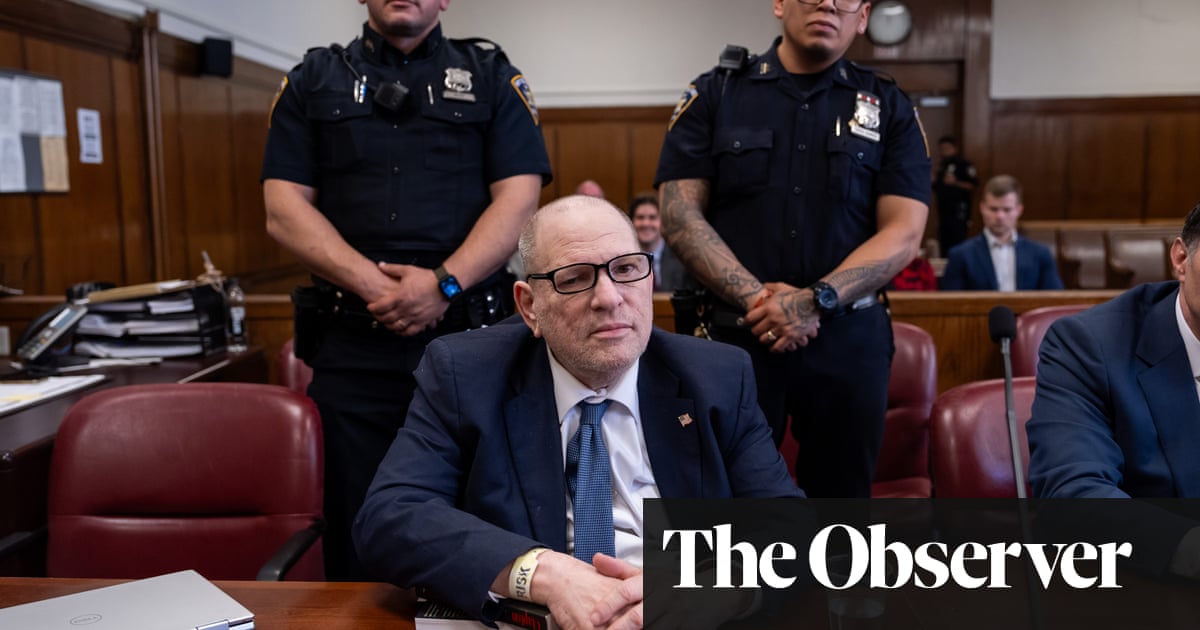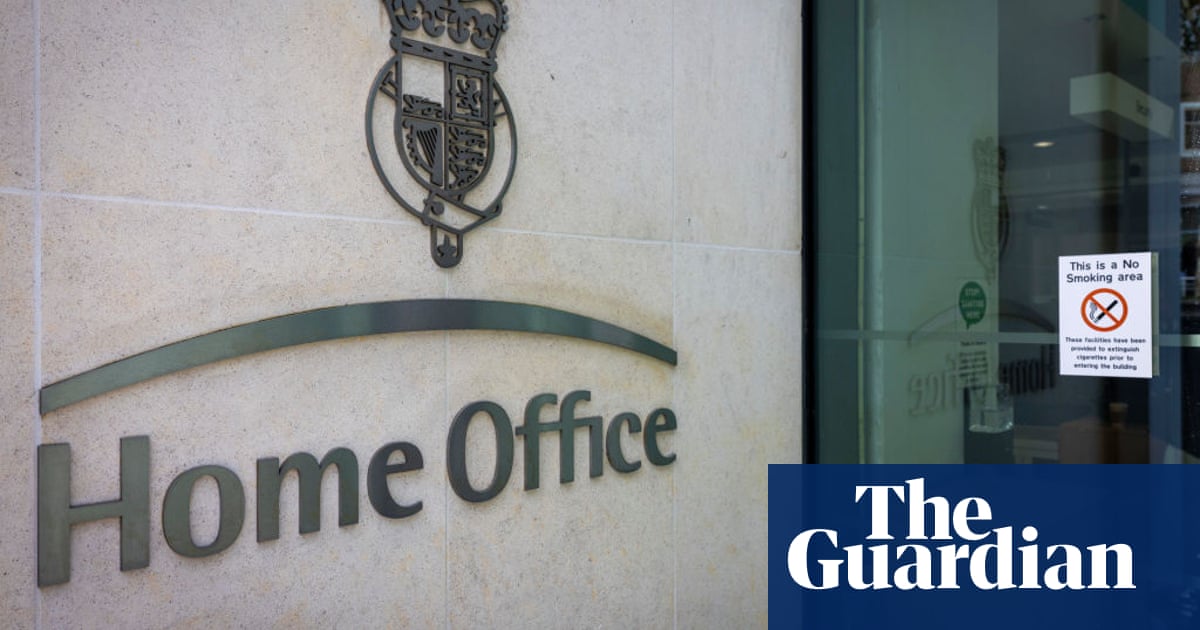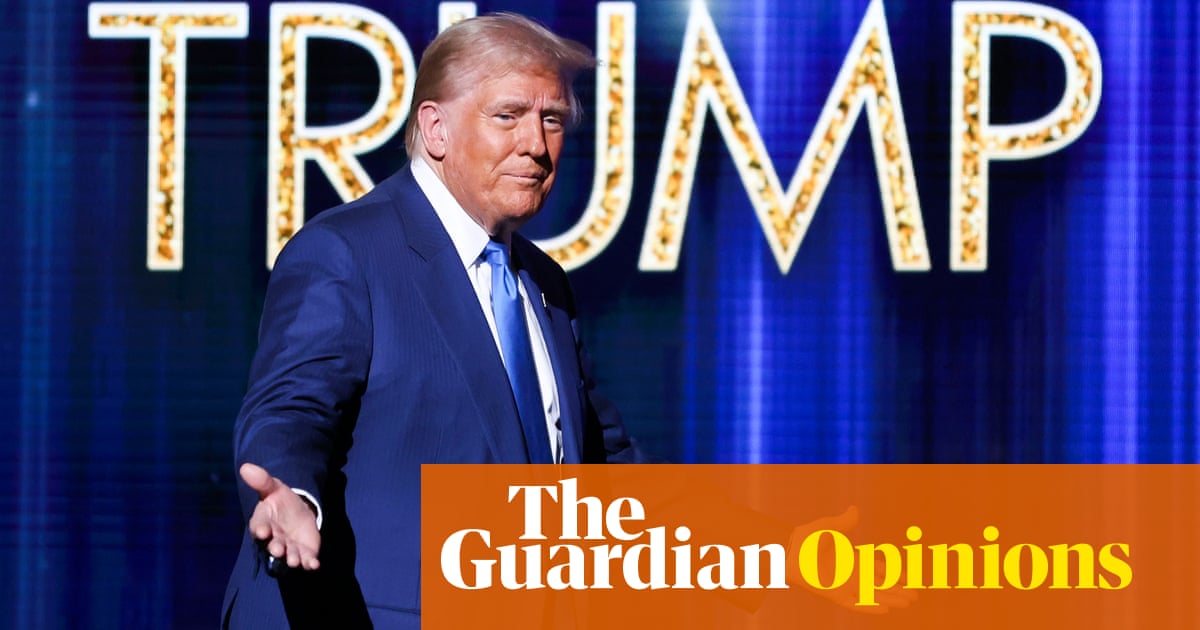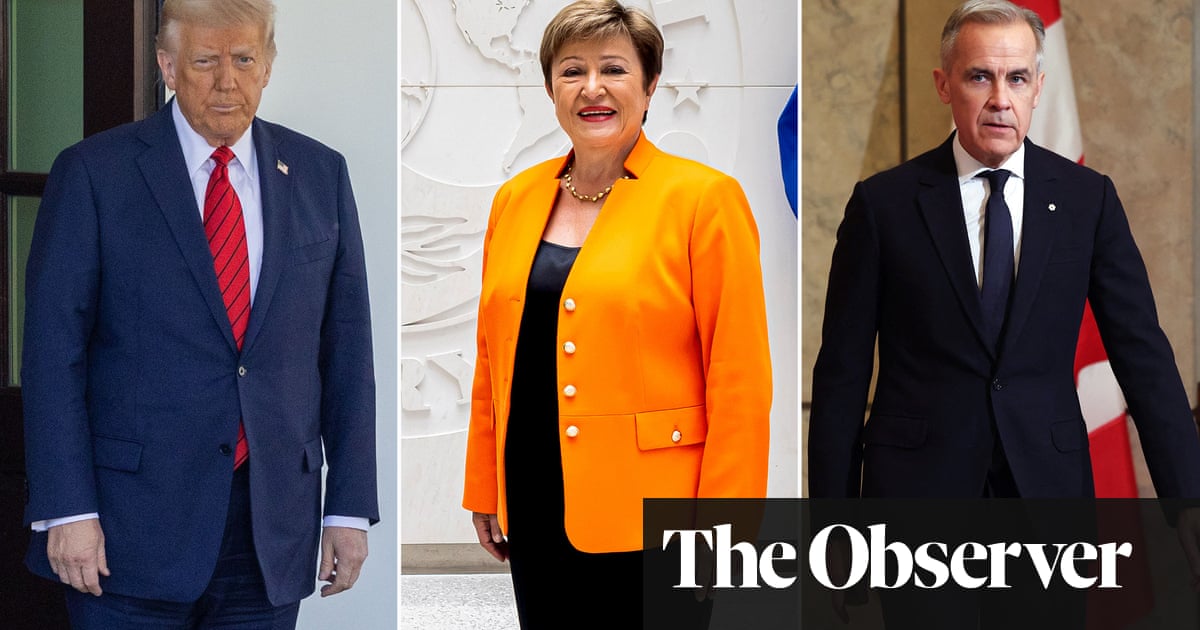MPs would no longer be able to rake in huge sums that can see them more than double their parliamentary salaries by signing contracts with media outlets, under plans being considered by ministers.
The Observer has been told that talks on further tightening rules on MPs’ outside interests, including media contracts, will be started by leader of the House of Commons, Lucy Powell, at a hearing of the all-party standards committee on Tuesday.
Current and former MPs, including Reform UK’s Lee Anderson and the Conservative former MP and minister Jacob Rees-Mogg, have pulled in six-figure sums as regular presenters on GB News while having seats in the House of Commons. Reform’s leader, Nigel Farage, is also receiving large sums from the channel.
Anderson has listed income of £100,000 a year for eight hours a week for his on-screen work from 1 March 2023, while Rees-Mogg registered well over £300,000 a year for his role as a presenter between February 2023 and March 2024 before he lost his North East Somerset seat at last July’s general election.

David Lammy, now the foreign secretary, topped Labour’s list of highest paid MPs in opposition with additional income of £243,800 between 2019 and 2023. This included £99,300 from his regular radio show on LBC.
In its first few weeks in office, the government tightened the rules on MPs’ outside interests so they would no longer be able to be paid for giving advice on public policy or guidance on how parliament works.
But many MPs, whose salary is now £91,346 a year plus expenses, have still been able to bring in large amounts of extra income. Now ministers are keen to gain cross-party agreement in committee on plans to limit media and other earnings before putting the ideas before the House of Commons.
In December Nigel Farage, who became MP for Clacton last July, was paid £189,300 for working an estimated four hours a month as “brand ambassador” for a gold bullion company in addition to receiving £98,000 a month as a GB News presenter. After winning the election, the government set up the all-party modernisation committee to look at how to improve standards and working practices, and to make the Commons more effective. It is now working with the standards committee to examine ideas on reform.
Speaking to the Observer before this week’s meeting, Powell said: “Trust in politics is depressingly low, as people see parliament as remote and out of touch. The last parliament was one of the worst on record for standards – to the detriment of us all. We were elected on a manifesto commitment to put politics back to service.
“We appreciate the fact that some MPs very reasonably wish to keep up professional qualifications, be they doctors or lawyers or have a family business – indeed, this expertise adds to the house. But we promised further action in our manifesto and we will go further.”
On plans to curb money-spinning media contracts, she said the aim was not to stop MPs from appearing in the media, but to examine issues such as the risk to the reputations of all MPs and possible conflicts of interest from some of the contracts on offer.
after newsletter promotion
“What we will consider is whether there is a reputational risk to MPs as a whole, where paid exclusive contracts with media companies – which might give rise to perceived conflicts – are not only permitted but have been commonplace.
“This is not about any individual – we’re looking at the rules of the game for everyone. It’s also not about preventing MPs from doing media, regularly or otherwise – of course not, as this is an important part of the job.
Previous rules prohibited MPs from advising outside organisations or individuals on, for example, how they might lobby or otherwise influence the work of parliament in return for payment.
However, the guide to the rules contained exemptions that meant advice on public policy in current affairs and general advice about how parliament works were not considered “parliamentary advice”. The government closed these loopholes so MPs could not be paid for this work.
Powell added: “No one should be monetising the privilege of being an MP. All MPs have a vested interest in us getting this right and returning an MP’s role to that of public service, as the public rightly expects and deserves.”


 3 months ago
44
3 months ago
44
